Like humans, horses can become nervous. When interacting with an anxious horse, being able to calm them down again can help to prevent serious blowups, and being able to calm a nervous horse is an important and valuable skill to have as a rider. Consider using these seven techniques to help calm down a nervous horse.
Talk to the Horse
Your voice can be reassuring to a nervous horse, and speaking has an added benefit – it forces you to breathe and relax, even just a little bit. If you’re in the saddle while your horse gets anxious, then it’s so important that you relax as much as possible. When you do speak to your horse, do so in low, soft, soothing tones.
Move Slowly
If you’re on the ground and a horse starts to get nervous, it may be tempting to try to get to the horse as quickly as possible, or to try to grab at the halter to untie the horse. Moving quickly can make these situations much worse, and may cause the horse to overreact. Instead, take a breath and focus on moving at a normal pace.
Try to relax your arms and shoulders – horses are masters at picking up on tension in our own bodies. Keep yourself in a safe position when you approach a nervous horse.
Ask the Horse to Lower Its Head
Asking your horse to lower his head when he’s nervous can help to relieve some of his stress and can change his focus back to you. It’s important that you teach your horse a cue to lower his head ahead of time, and that you practice the cue regularly in order for the horse to respond when he’s anxious.
Let the Horse Inspect the Frightening Issue
If your horse is nervous about a particular issue, such as the presence of an umbrella or other object, then let him inspect the object for himself. Your horse can discover that the object is not harmful, and you can then refocus him on whatever you were doing before he got nervous.
Breathe
Remember to keep yourself breathing when your horse is tense. Riders and handlers often hold their breath when horses get nervous, but that only conveys tension to the horse. Instead, keep yourself breathing and try to physically relax your body.
Don’t Make It Into a Big Deal
If, every time a horse gets nervous, you make the issue into a big deal, then you’re justifying the fact that the horse was right to get anxious and tense. On the other hand, if you let these nervous episodes roll off your shoulder without acknowledging the horse’s fear, you’re teaching him that there was nothing to be afraid of.
Did you like this article? Then pin it!
Horse Courses by Elaine Heney
- Listening to the Horse - The Documentary by Elaine Heney & Grey Pony Films
- Shoulder In & Out Training for better balance, bend & topline development with your horse
- Over 110+ Polework Exercises & Challenges to Download
- Dancing at Liberty & Creating Connection with Your Horse (11 lessons) - Grey Pony Films

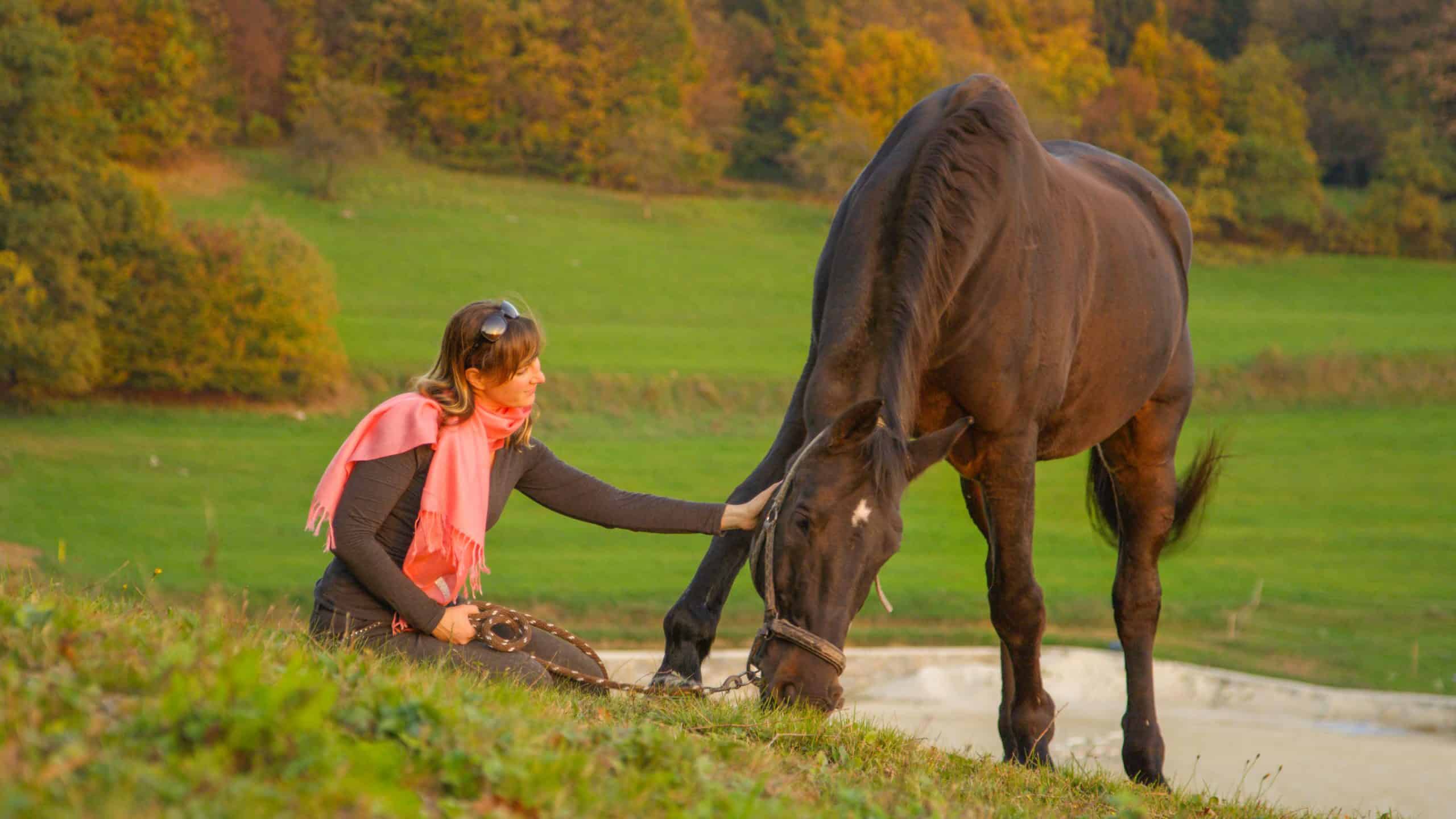
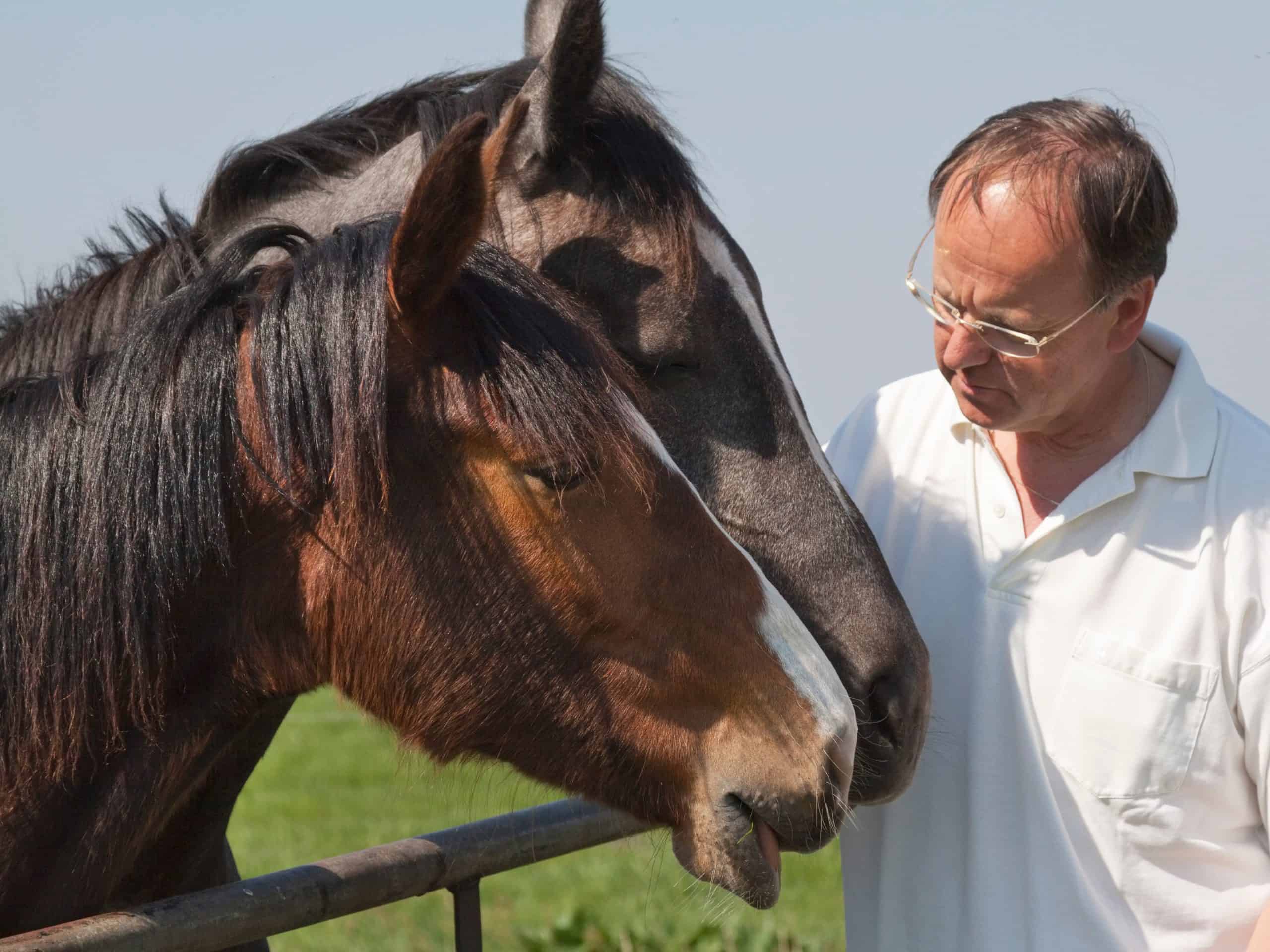
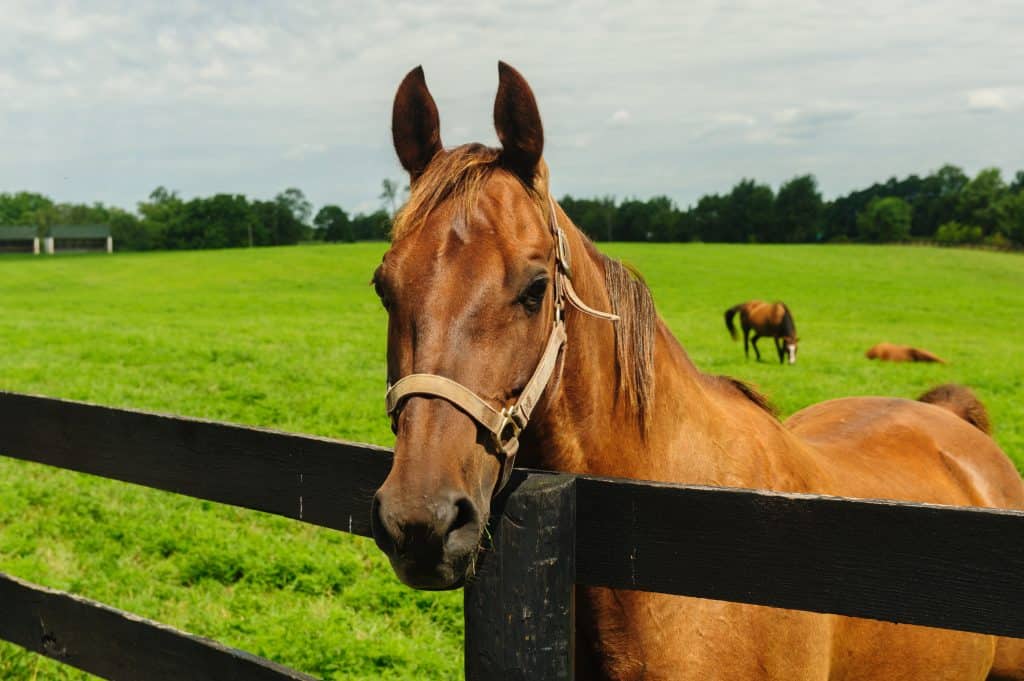
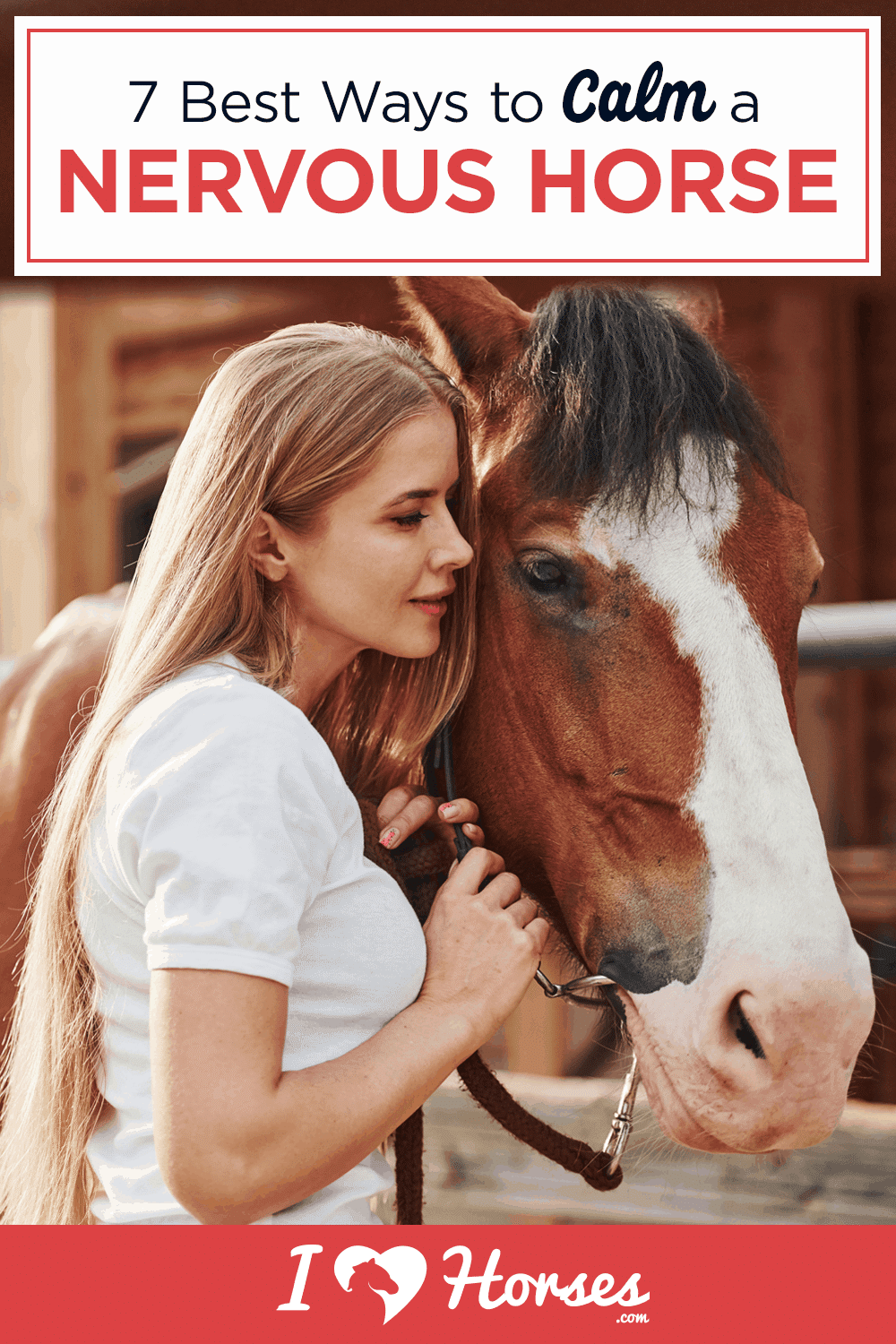


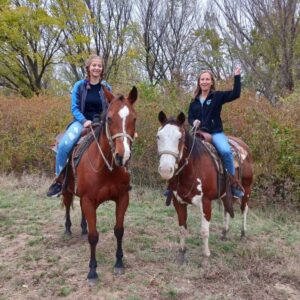

Leave a Reply